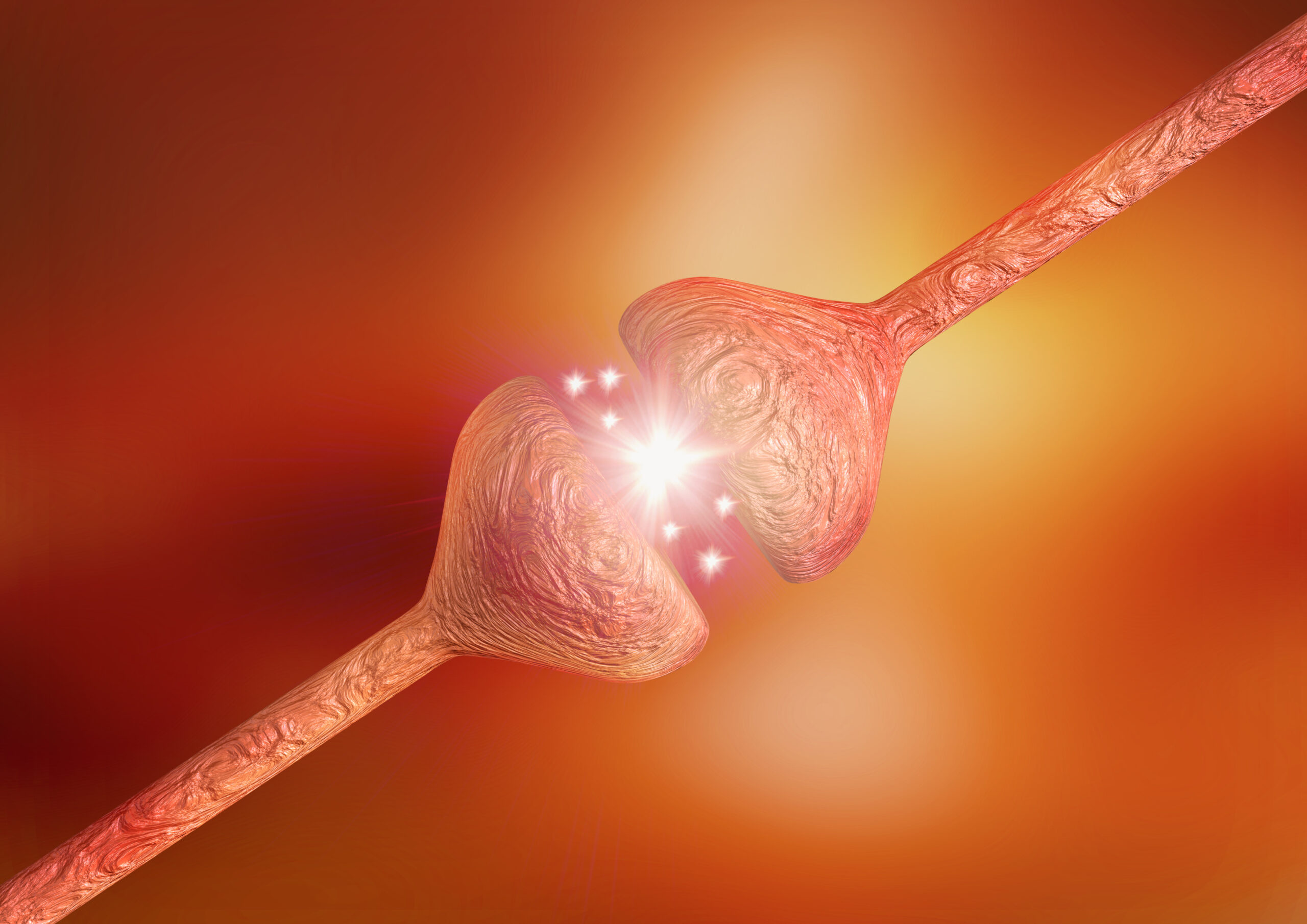The benefits of group exercise classes for dementia patients
Group exercise classes offer a range of benefits for people living with dementia, going beyond just physical activity. These classes create a supportive environment where participants can move their bodies, engage socially, and stimulate their minds all at once.
One of the most important advantages is the **boost in mood** that exercise naturally provides. Physical activity releases endorphins, which help reduce feelings of anxiety and depression—common challenges for those with dementia. This uplift in spirits can lead to moments of joy and greater engagement during the day.
Mobility is another key benefit. Regular group exercise helps improve balance and strength, which supports independence by making everyday tasks easier to manage for longer periods. This means participants may maintain better physical function despite cognitive decline.
Social interaction plays a crucial role as well. Dementia often leads to isolation because communication becomes harder over time. Group classes encourage meaningful socialization by bringing people together in a shared activity, reducing loneliness and fostering connections that improve overall quality of life.
Cognitive support also comes from these sessions since many group exercises combine movement with mental focus or rhythm-based activities. This dual engagement can help preserve memory and thinking skills longer than inactivity would allow.
Additionally, participating in group exercises builds confidence as individuals accomplish new movements or routines tailored to their abilities. Feeling capable contributes positively to self-esteem and outlook on daily life.
Programs designed specifically for seniors with cognitive challenges often adapt exercises carefully based on each person’s stage of dementia or physical capability—making sure everyone benefits safely without feeling overwhelmed or frustrated.
In essence, group exercise classes provide more than just fitness; they nurture emotional well-being, social bonds, mental stimulation, and physical health all at once—offering a holistic approach that supports people living with dementia in multiple ways throughout their journey.





